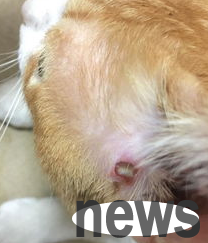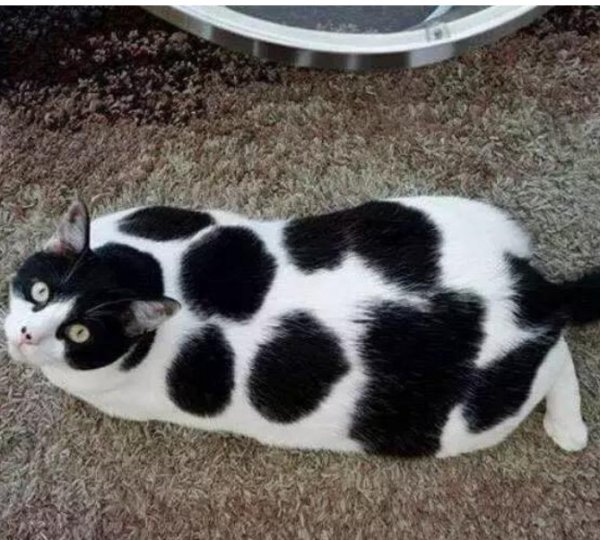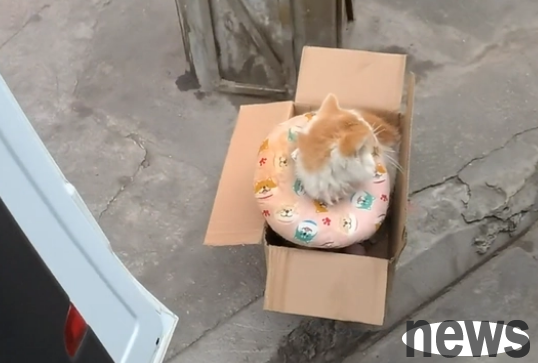What should I do if my cat s ears are inflamed and pus?
Cats are indispensable family pets in many families. They are cute, smart, gentle, and always bring us happiness. However, when your cat has ear inflammation, it can be very painful and can cause serious health problems.

Below we will introduce how to deal with ear inflammation in cats and how to prevent this.
First, you need to identify symptoms of inflammation in your cat's ears.
These symptoms include frequent ear grabbing, head shaking, and increased earwax. If your cat's ear inflammation has worsened, you may observe pus, redness, and stinky ears in your cat's ears.

Next, you need to take your cat to the veterinarian.
Only an experienced veterinarian can diagnose whether your cat has ear inflammation and determine what germs are causing it. The treatment plan depends on the severity of ear inflammation. Usually, a veterinarian cleans the cat's ears and prescribes medications. These medications may be potions or ointments, and you need to clean your cat's ears and apply ointments or drop them every day. If the cat has a serious ear infection, it may even require oral antibiotics.
In addition to medical management, you can also take some precautions to prevent your cat from getting ear inflammation again.
First, it is very important to keep your cat's ear canal clean and dry. If your cat likes swimming, you need to clean your ears from time to time to make sure their ear canals are dry.
Secondly check your cat for ear inflammation or other diseases. You can check your cat's ears and other body parts in a weekly grooming to make sure they are not abnormal.
Finally, you need to regularly vaccinate your cat to ensure its immune system works properly. With the help of a veterinarian, establishing a cat health management plan can help you discover cat health problems in a timely manner and take necessary measures.
In short, if your cat notices inflammation in the ear and pus flows, you need to contact your veterinary in time. With the treatment options and preventive measures recommended by the veterinarian, you can help your cat get back to health and avoid similar problems, thus protecting your pet's health and happiness.




